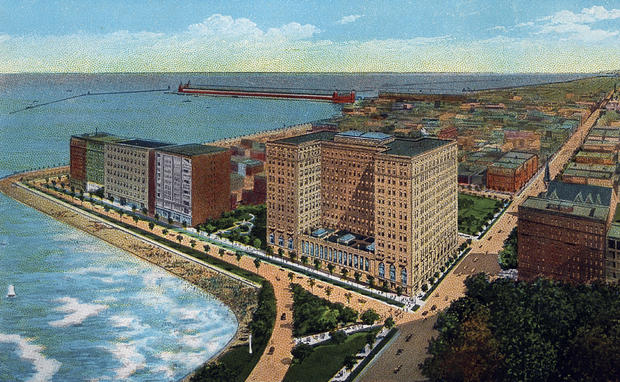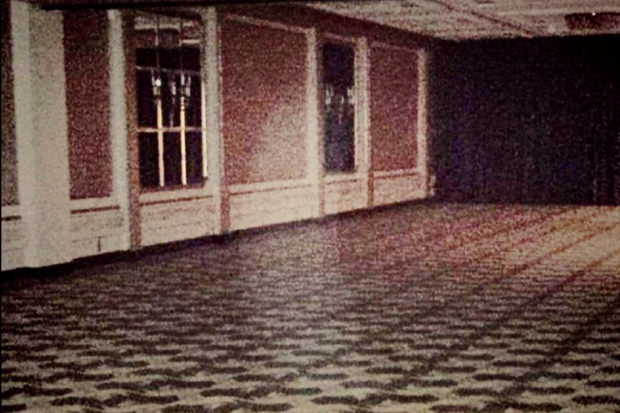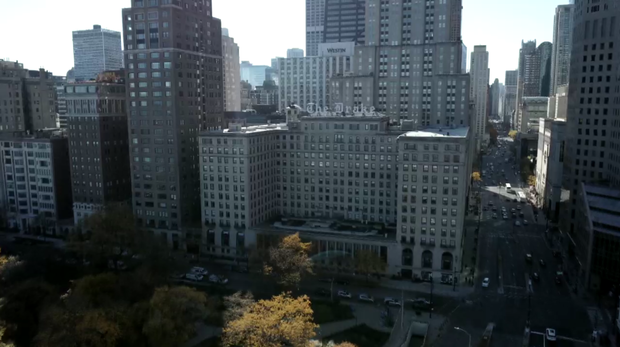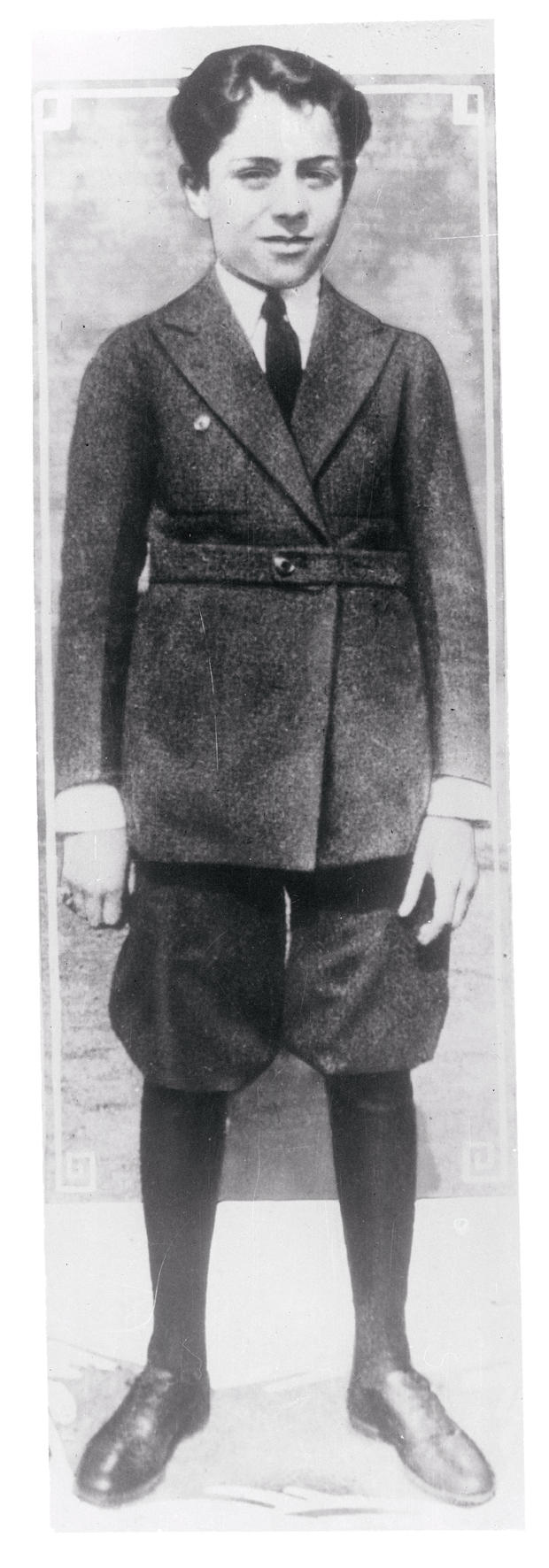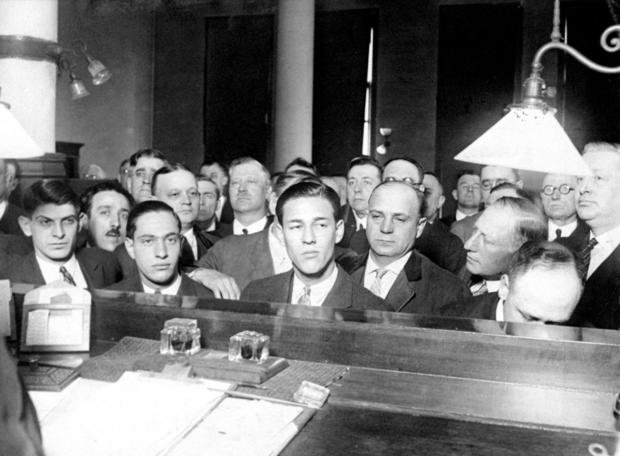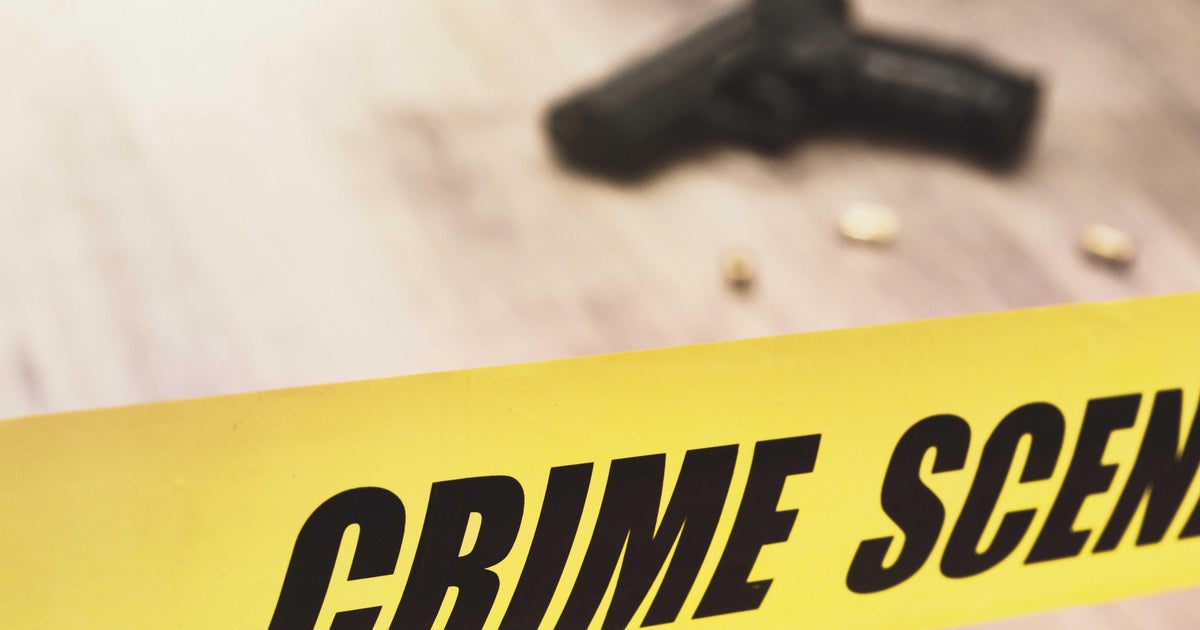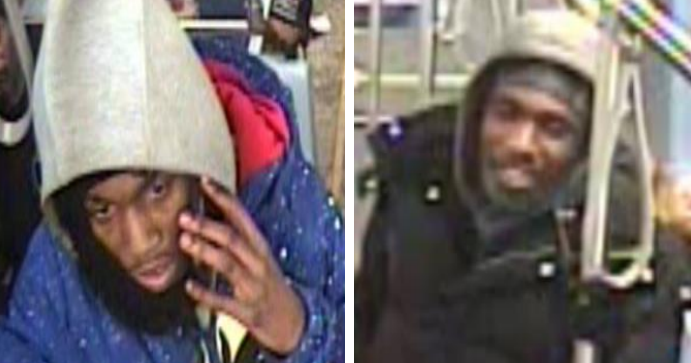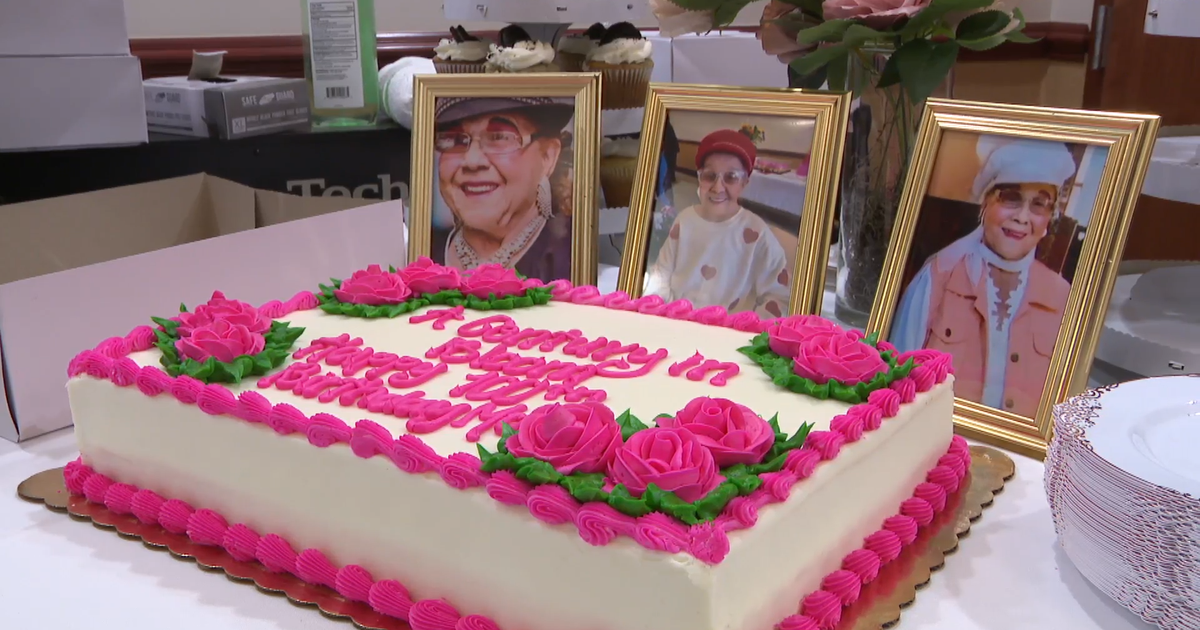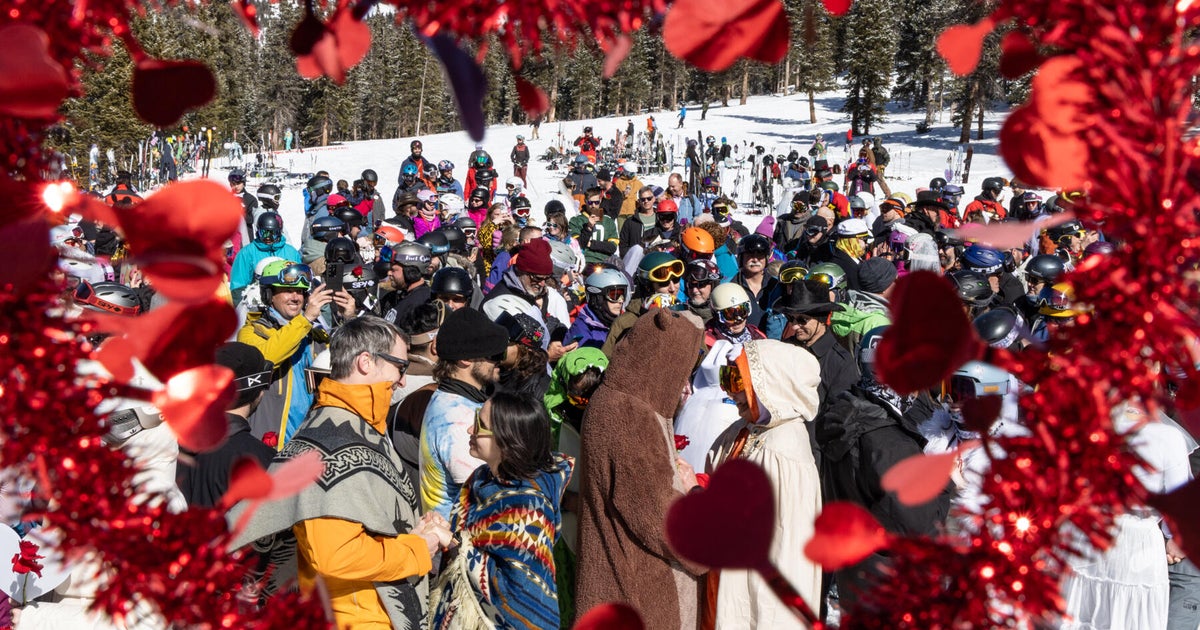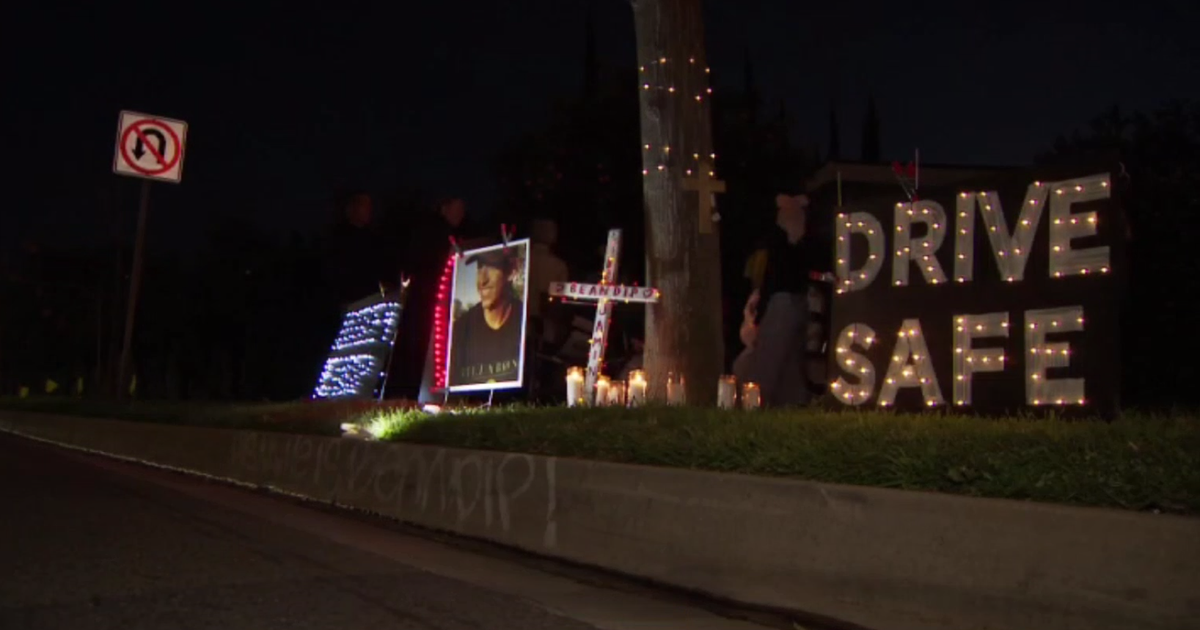Chicago Hauntings: A lady in red and a lady in black in the halls of The Drake Hotel
CHICAGO (CBS) -- The Drake Hotel has stood regally at the northernmost point on the Magnificent Mile for more than a century as an icon of luxury and high society.
The hotel at 140 E. Walton Pl. was the brainchild of architect Benjamin Marshall, and gets its names from financiers John and Tracy Drake. It opened on New Year's Eve 1920 with a gala attended by 2,000 of the most distinguished citizens of Chicago, the hotel's website notes.
Queen Elizabeth II was honored with a reception at The Drake Hotel during her royal visit in 1959. Princess Diana stayed at The Drake for her visit in 1996. The hotel's website points out that both Queen Elizabeth II and Princess Diana made a point of taking Afternoon Tea at Palm Court – which you can still do today.
At the Cape Cod room, the iconic seafood restaurant that closed in 2016, Joe DiMaggio and Marilyn Monroe carved their initials into the bar. In the early days of the hotel, Bing Crosby, Walt Disney, George Gershwin, and Charles Lindbergh might have been spotted having a cocktail while listening to bandleader Herbie Kay in The Gold Coast Room, the hotel's website notes.
The hotel is known for ghosts – and Tony Szabelski of Chicago Hauntings Ghost Tours was back with us this year to tell us all about them. You will not find the ghosts of Princess Diana, Bing Crosby, Walt Disney, or anyone else mentioned in earlier paragraphs at The Drake. But Szabelski says you just might run into the ghost of one of those 2,000 people who attended that opening gala.
The story goes that a woman in a striking red dress attended the gala with her fiancé the account. As Szabelski tell sit, the couple got separated and the woman later saw the man dancing with another woman. Other sources say the woman was unable to find her fiancé and decided to go back to their 10th floor suite to see if he was there – only to find him with another woman with whom it stood to reason he was doing more than mere dancing.
Whatever the case, the story claims that the woman responded by throwing herself out a 10th-floor window to her own death. Known as the Lady in Red, her ghost is purported to haunt the 10th floor of the hotel to this day, as well as the ballrooms and event spaces of the first floor.
A couple of years ago, Szabelski notes that he took a group on a ghost hunt to The Drake, and one guest, Becky, said she spotted the Lady in Red in a ballroom and snapped a photo.
"I was compelled to go into one of the dark rooms, which was a ballroom. In doing so, I snapped a picture, and when I snapped the picture, I come across a lady sitting in a chair – and it frightened me so much that I threw my phone on my friend and I ran out of there. But I knew I caught a ghost. There's a silhouette of a lady sitting in a chair. It was really bright when I took the picture," Becky said. "I was a little frightened, but I didn't feel like it was a threat or anything. I just felt like the lady wanted to be seen. I think she wants to be recognized and known."
Also spotted at The Drake is another woman in a dress – this one known as the Lady in Black. This involves a well-documented story about the murder of society matron Adele Born Williams – but Adele Born Williams is not the Lady in Black. Her killer is.
As documented by the archives of Chicago Tribune, Williams – the wife of U.S. State Department attaché Frank Starr Williams – was a guest at the hotel along with his adult daughter, Patricia Goodbody. On one occasion in January 1944, Williams and Goodbody were coming back to the suite where Williams lived in the hotel – only to find the door unlocked and slightly ajar when they had left it shut, Szabelski noted.
Slowly opening the door, they didn't see anyone at first – but all of a sudden, a woman wearing a black dress, a black fur coat, and a white wig stepped out of the bathroom and took out a tiny pistol. She fired two shots at Goodbody and missed, but then fired two shots at Williams and killed her, Szabelski said.
A Tribune account from 10 years after the murder said Goodbody yelled, "Stop that crazy woman! She shot my mother!" as the woman in the black fur coat ran down the corridor ahead of her.
Police went on to launch a four-hour search of the hotel – but turned up nothing, Szabelski said. They did later find an antique gun in the stairwell that had been dropped from a higher floor and had shattered, Szabelski said.
In his book "Chronicles of Old Chicago: Exploring the History and Lore of the Windy City," Adam Selzer notes some other bizarre twists – including that someone, likely the shooter, had made a phone call to a fish and ale house in the area about 20 minutes before the violent attack.
The serial number on the gun was traced to a holdup man who had been in prison at the time, but who said his sisters had stolen his guns on several occasions, Selzer wrote. He told investigators one of his sisters, Ellen Bennett, was a key clerk at The Drake – and it happened that his other sister, Anna, was a "hotel prowler" known for hanging around and hoping to find rich men, Selzer wrote.
Ellen – who did have a checkered past – was brought in for questioning, and investigators worked on a theory that she came to steal jewelry from Williams and went on to shoot Williams when the society matron returned to the suite, Selzer wrote. Ellen and her sister were both taken into custody twice in connection with the murder, and Ellen even admitted she owned a black Persian lamb coat like the one the killer wore – but she said she had never been in Williams' room and had an alibi that she had been shopping downtown at the time, Selzer wrote.
No charges against Ellen Bennett or her sister ever held up, and the case has never been solved, Selzer noted. But whoever Adele Born Williams' killer was, she is purported to haunt the eighth floor to this day, Szabelski wrote.
One more ghost story involving The Drake involves a better-known Chicago crime that dates back 20 years before the Adele Born Williams murder – and that did not happen anywhere near The Drake.
Nathan Leopold was already a law student at the University of Chicago at the age of 19, and his friend Richard Loeb had already graduated from college the University of Michigan at 18. The young men, both from wealthy families – were inspired in part by the philosophy of Friedrich Nietzsche and the concept of the superior "Übermensch," or "overman," the pair set out on a quest to commit the "perfect crime."
On May 21, 1924, the pair picked up Loeb's second cousin – 14-year-old Bobby Franks upon seeing him walking on Ellis Avenue in Kenwood – and took a chisel to his head.
The duo dumped Franks' body in the swamps at Wolf Lake on the Illinois-Indiana state line while pouring hydrochloric acid on parts of the corpse to conceal Franks' identity. They sent a ransom note to the family.
But Leopold and Loeb were soon captured after a pair of glasses with a rare and special spring were found near Franks' body, according to a Northwestern University recounting. The glasses featuring that specific spring were made by Chicago's Almer Coe Opticians, and only three people in had ever bought the glasses – of whom Leopold was one.
Leopold and Loeb confessed to the crime, but were spared the death penalty thanks to a defense by the brilliant attorney Clarence Darrow.
So what does all of this have to do with The Drake? Multiple accounts note that after the murder, Bobby Franks' father, Jacob Franks, sold the family's Kenwood estate and moved to The Drake with his wife, Flora. Jacobs Franks died at the hotel in 1928, and Flora Franks also died there in 1937, according to multiple reports.
According to Haunted Illinois, there story is that the ghosts of Mr. and Mrs. Franks have never left. Windy City Ghosts reports that they are seen wandering the hotel, still mourning their brutally murdered son nearly a century later.

